Epithra 50mg Epirubicin Injection
$230.00 – $2,000.00Price range: $230.00 through $2,000.00
Epithra 50 is used to treat certain types of cancer, including breast, lung, and ovarian cancers. It contains Epirubicin, which works by stopping the growth and spread of cancer cells.
| Pack Size | Price | Price / Unit | Quantity | |
|---|---|---|---|---|
| 1 Injection | $230.00 | $230.00/ unit | ||
| 5 Injections | $1,100.00 | $220.00/ unit | ||
| 10 Injections | $2,000.00 | $200.00/ unit |
Looking for bulk / B2B pricing? | Send Inquiry |

| SKU | 11096 |
| Manufacturer | Glenmark Pharmaceuticals Ltd |
| Categories | Anti Cancer |
| Delivery Time | 10 - 14 Working Days |
| Strength | 50mg |
Introduction to Epithra 50 mg Injection
Epithra 50mg Injection is used in the treatment of various types of Cancers of blood, breast, stomach, lung, ovaries and soft tissues. It also helps to prevent the recurrence of bladder cancer after surgery.
It is given as a drip or infusion vein with extreme caution by a qualified medical professional. It can be used alone, or sometimes given together with certain other medicines as part of combination chemotherapy. Your doctor will decide what dose is necessary and how often you need to take it. This will depend on what you are being treated for and may change from time to time.
You should take it exactly as your doctor has advised. Taking it in the wrong way or taking too much can cause very serious side effects. It may take several weeks or months for you to see or feel the benefits but do not stop taking it unless your doctor tells you to. It makes contraceptive pills less effective, so it advised to both male and female to use reliable contraception during the treatment.
Before taking this medicine, tell your doctor if you have liver disease, or have heart problem. Your doctor should also know about all other medicines you are taking as many of these may make this medicine less effective or change the way it works. Inform your doctor if you are pregnant or breastfeeding.
Uses of Epithra 50 mg
Epithra Powder For Injection is used in the treatment of cancer of the breast, gastric cancer, advanced ovarian cancer, and small cell lung cancer. It is also used to help prevent bladder cancer reoccurrence after surgery.
- Breast Cancer
- Bladder Cancer
- Stomach Cancer
- Lung Cancer
- Ovarian Cancer
- Soft Tissue Sarcomas
- Lymphomas
- Leukemia
How Does Epithra 50 Works?
Epithra 50mg Injection is an anticancer medication. It works by blocking the synthesis of genetic material (DNA and RNA) and certain essential proteins and enzymes which are required for the cells to grow and multiply. As a result, it prevents abnormal cell division within the body, slows down the growth of cancer cells and eventually kills them.
Epithra 50 Mg Injection has an active ingredient; Epirubicin is an anti-cancer medication which works by suppressing the activity of an enzyme (topoisomerase II) involved in DNA multiplication of the breast cancer cells. It forms harmful chemicals (free radicals) which cause DNA damage. This slows the growth of breast cancer cells & eventually kills them.
Side Effects of Epithra 50
Common Side Effects
- Nausea and Vomiting
- Hair Loss
- Fatigue
- Loss of Appetite
- Low Blood Counts
- Diarrhea
- Skin Reactions
Serious Side Effects
- Heart Damage (Cardiotoxicity)
- Severe Infections
- Severe Bleeding or Bruising
- Liver Damage
- Severe Mouth Sores or Ulcers
- Severe Diarrhea or Dehydration
- Painful Swelling at Injection Site
Dosage of Epithra 50 mg
Epithra 50 Mg Injection contains an active ingredient, Epirubicin, which is used in the treatment of breast cancer. This medicine is available in different strengths and substitutes & must be purchased or given on doctor’s prescription only.
You should consult your doctor for dosage and time because age and severity of the disease differ from person to person and it can only be judged by your doctor.
Other Dosages
How to Manage Side Effects?
- Contact Healthcare Provide
- Monitor Blood Pressure
- Avoid Allergens
- Use as Prescribed
- Carry Medication Always
- Proper Storage
- Training for Use
- Emergency Contacts
- Keep Track of Expiration Date
- Avoid Driving
Warning & Precaution
1. Cardiac Monitoring:
- Epirubicin can cause heart damage, so regular heart function monitoring is required, especially in high doses or long-term use.
2. Pregnancy & Breastfeeding:
- Not recommended during pregnancy or breastfeeding as it may harm the fetus or baby.
3. Infection Risk:
- Low white blood cell count can increase infection risk, so avoid contact with sick individuals.
4. Bleeding Risk:
- Epirubicin may increase the risk of bleeding, especially with other anticoagulant medications or low platelet counts.
5. Gastrointestinal Problems:
- It can cause severe nausea, vomiting, or diarrhea. Anti-nausea medications may be prescribed to manage symptoms.
6. Kidney Function:
- Caution in patients with impaired kidney function, as it may exacerbate kidney-related issues.
7. Vaccinations:
- Avoid live vaccines during treatment as Epirubicin can suppress the immune system.
Safety Advice
- Medical Supervision: Use Epithra 50 under the guidance and supervision of a healthcare professional.
- Emergency Use Only: Epithra 50 is intended for emergency situations, such as severe allergic reactions (anaphylaxis). Do not use it for non-emergencies or as a substitute for proper medical treatment.
- Proper Use: Learn how to use the auto-injector correctly and be familiar with the instructions provided by the manufacturer. Seek training from your healthcare provider if necessary.
- Carry Epinephrine at All Times: If you have a history of severe allergies or anaphylaxis, always carry Epithra 50 auto-injector with you, and ensure it is not expired
- Two-Dose Requirement: In some cases of severe allergic reactions, a second dose of Epithra 50 may be necessary. Always carry an extra auto-injector as prescribed by your doctor.
- Avoid Exposure to Extreme Temperatures: Protect Epithra 50 from extreme heat or cold, as it may affect its efficacy.
- Children and Elderly: Special care and appropriate dosing adjustments may be required for children and elderly individuals. Consult your healthcare provider for guidance.
Frequently Asked Questions
1. What is Epithra 50 used for?
Epithra 50 is used to treat severe allergic reactions (anaphylaxis) caused by insect stings/bites, certain foods, medications, or other allergens.
2. How does Epithra 50 work?
Epithra 50 works by stimulating certain receptors in the body, which Ans. helps to reverse the symptoms of anaphylaxis, such as difficulty breathing, swelling, and low blood pressure.
3. How is Epithra 50 administered?
Epithra 50 is available as an auto-injector, which is designed for easy self-administration in emergency situations. The injector is usually injected into the thigh.
4. Can I use Epithra 50 for mild allergic reactions?
No, Epithra 50 should only be used in severe allergic reactions or anaphylaxis. For mild allergic reactions, consult your doctor for appropriate treatment options.
| Pack Size | 1 Injection, 10 Injections, 5 Injections |
|---|---|
| Price/Unit | $200/unit, $220/unit, $230/unit |
Be the first to review “Epithra 50mg Epirubicin Injection” Cancel reply
Related Products
Anti Cancer
Anti Cancer
Anti Cancer
Anti Cancer


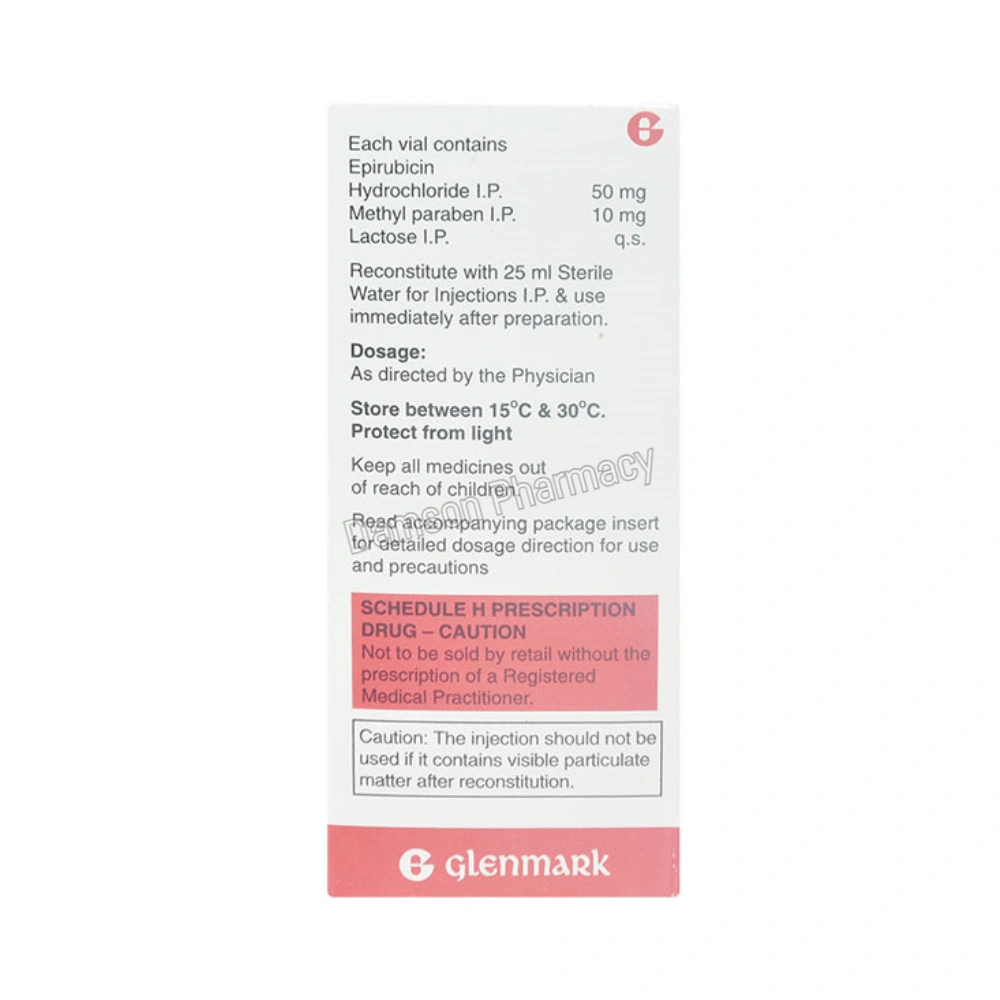
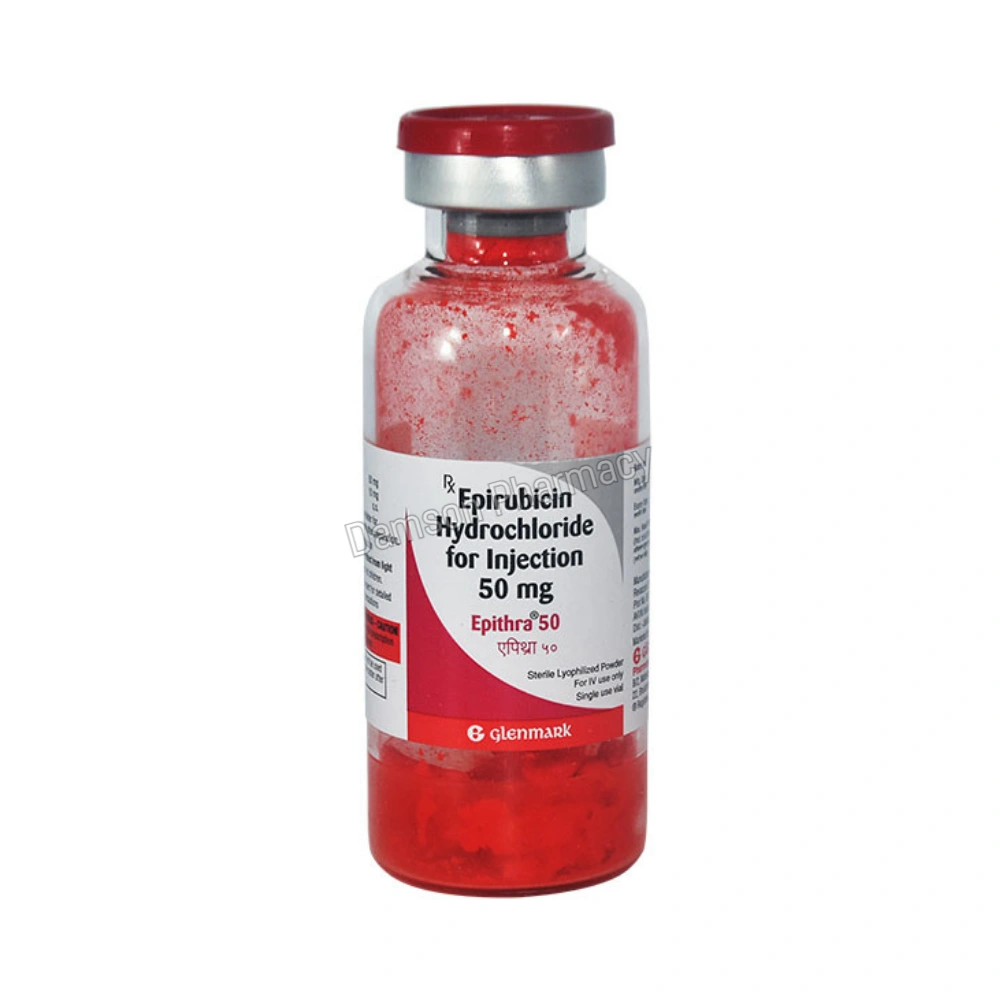
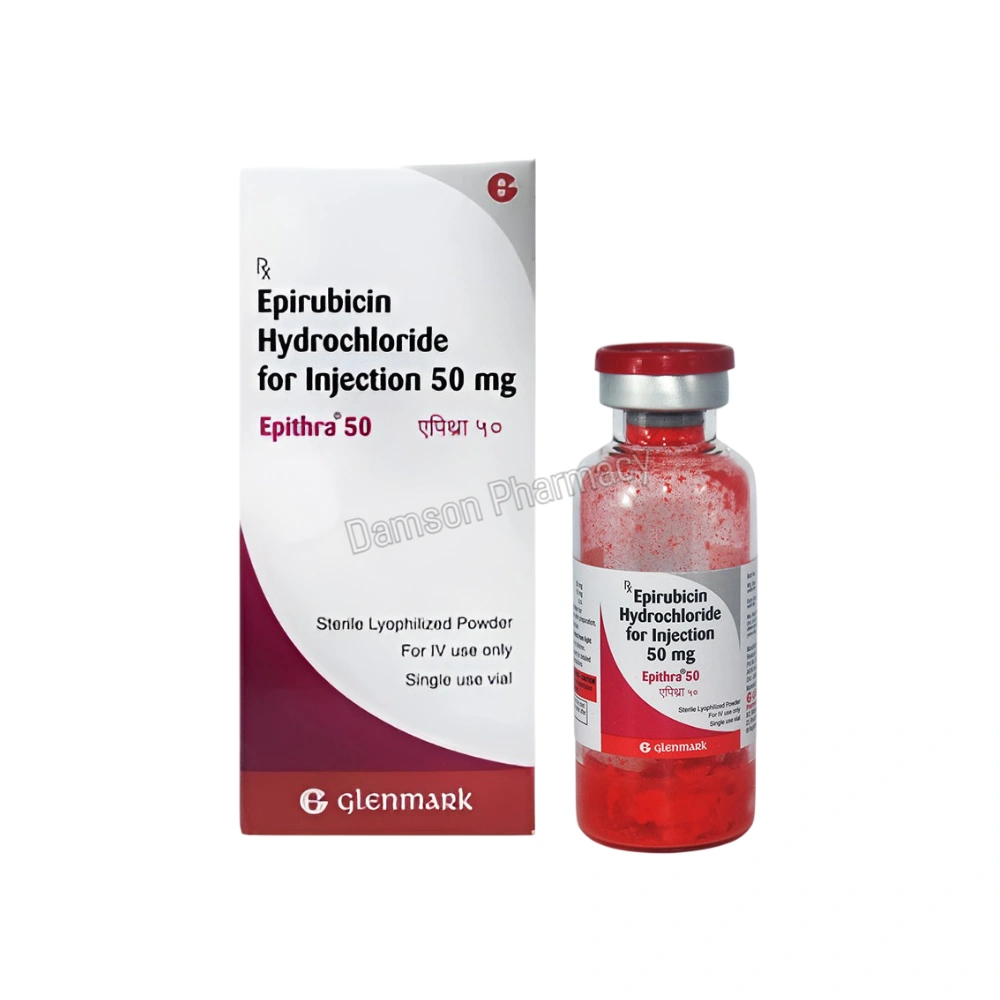
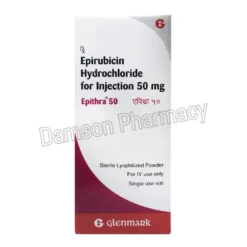
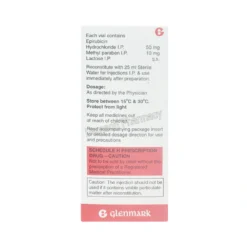
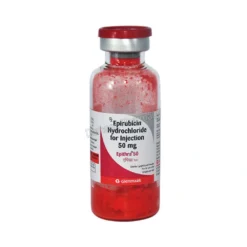
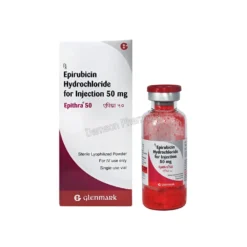




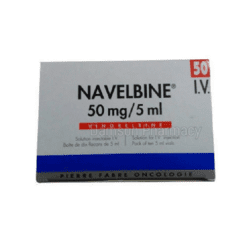
Reviews
There are no reviews yet.